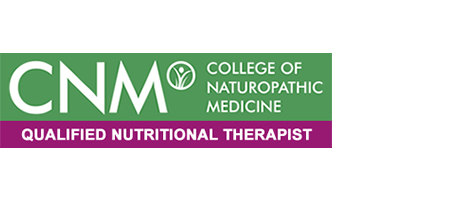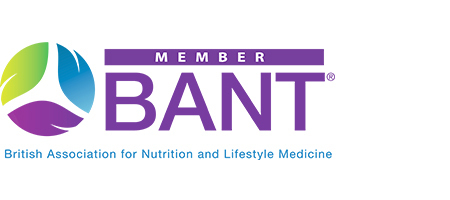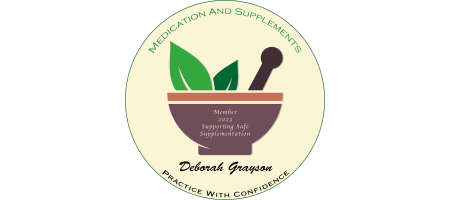Nurturing Your Gut Microbiome: More Than Just a Trend
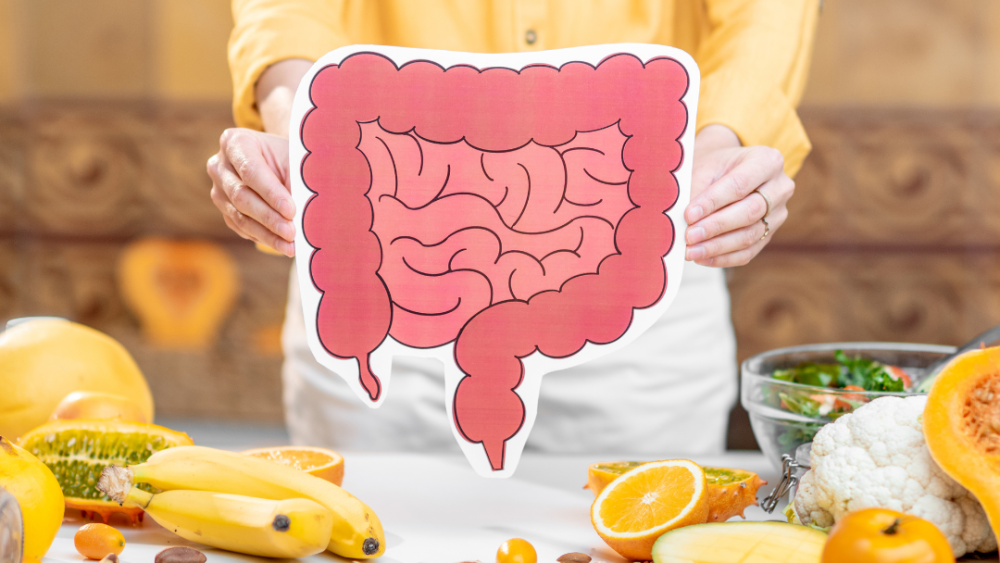
posted 13th February 2024
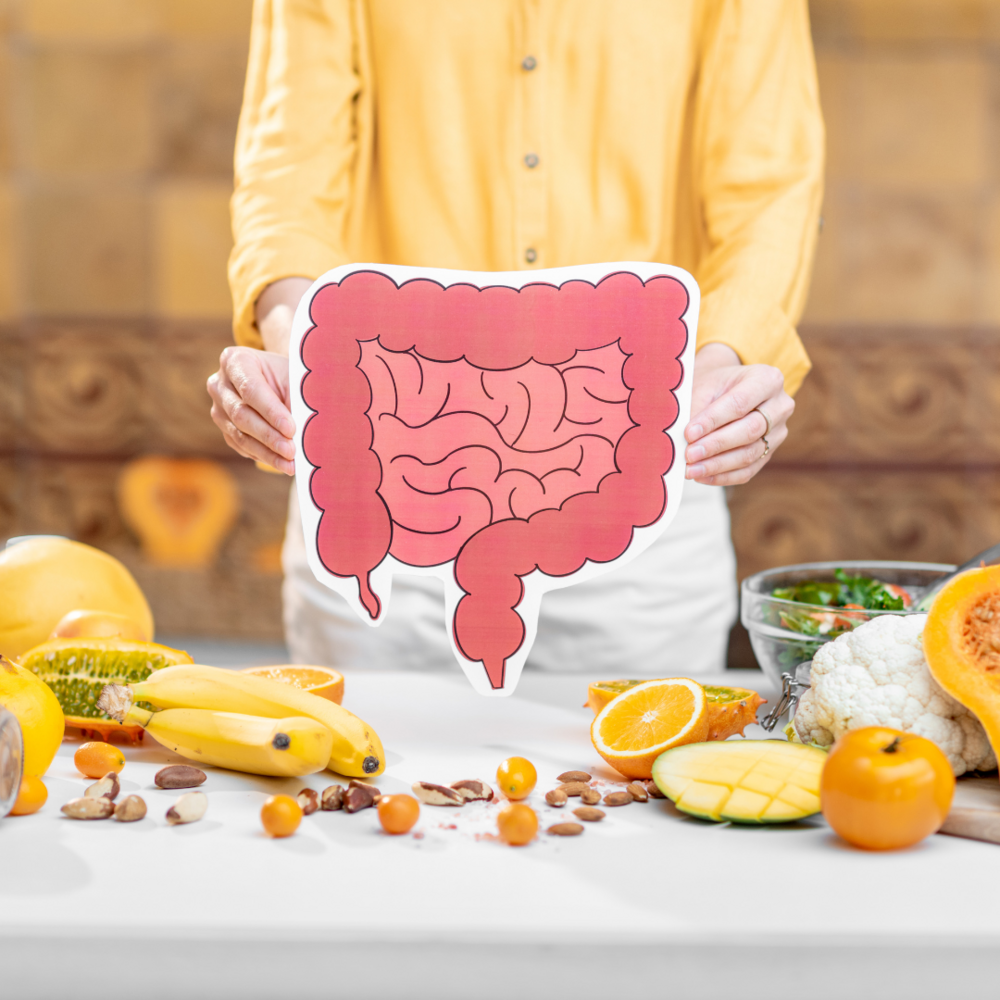
In the world of health and wellness, there's a lot of buzz about the gut microbiome these days.
And for good reason! This intricate ecosystem of microorganisms living in our digestive tract plays a crucial role in our overall health.
From supporting digestion to influencing our immune system and even affecting our mood, the gut microbiome is a hot topic for good reason.
But how do we nurture this essential community of microbes?
It turns out, there's a multitude of ways to support a healthy gut microbiome, and they go beyond just popping a probiotic pill now and then.
Let's dive into some of the diverse perspectives on what can help foster a flourishing gut microbiome.
1. Wide Variety of Fruits and Vegetables: We've all heard about the benefits of eating our fruits and veggies, but did you know that aiming for a wide variety—around 30 different types per week, including herbs—can significantly impact your gut health?
Each fruit and vegetable brings its own unique set of nutrients and fibres, which can feed different types of beneficial bacteria in the gut.
For example, dark leafy greens like kale and spinach are rich in insoluble fibre, which adds bulk to stool and promotes regular bowel movements, while berries like blueberries and raspberries contain antioxidants that support gut health.
By incorporating a rainbow of fruits and vegetables into your diet, you're not only nourishing your body but also providing a diverse array of nutrients for your gut microbes to thrive on.
2. High Fibre Diet: Foods rich in fibre, such as chia seeds, flax seeds, and sweet potatoes, are like fuel for our gut microbes.
Fibre acts as a prebiotic, nourishing the good bacteria in our gut and helping to keep things moving smoothly through our digestive system.
In addition to supporting regularity, fibre also helps to reduce inflammation in the gut and may lower the risk of conditions like colon cancer and heart disease.
Incorporating a variety of fibre-rich foods into your diet, including whole grains, legumes, nuts, and seeds, can help to ensure a healthy balance of gut bacteria and promote overall digestive wellness.
3. Fermented Foods: Live yogurt, kefir, kombucha, sauerkraut, miso, and kimchi are all examples of fermented foods that are teeming with probiotics—those friendly bacteria that support gut health.
Fermentation is a natural process that involves the breakdown of sugars by bacteria and yeast, resulting in foods that are not only delicious but also packed with beneficial microbes.
Probiotics work by colonizing the gut and crowding out harmful bacteria, as well as by producing compounds that help to regulate the immune system and reduce inflammation.
Incorporating fermented foods into your diet on a regular basis can help to maintain a healthy balance of gut bacteria and support overall digestive health.
4. Natural, Unrefined Whole Foods: Processed foods laden with additives and preservatives can wreak havoc on our gut microbiome.
Opting for natural, unrefined whole foods ensures that we're giving our gut microbes the nourishment they need without any harmful additives.
Whole foods are rich in vitamins, minerals, antioxidants, and other essential nutrients that support overall health, and they're also easier for the body to digest and absorb compared to ultra-processed foods.
By focusing on whole foods like fruits, vegetables, whole grains, lean proteins, and healthy fats, you can provide your gut microbes with the nutrients they need to thrive and promote optimal digestive function.
5. Relaxation, Peace, and Calm: Believe it or not, our mental state can also impact our gut health.
Chronic stress can disrupt the balance of bacteria in our gut, leading to digestive issues like bloating, gas, and diarrhoea.
Finding ways to relax and cultivate inner peace can indirectly support a healthy gut microbiome by reducing stress levels and promoting a more balanced state of mind.
Practices like meditation, deep breathing exercises, yoga, and spending time in nature can all help to reduce stress and support overall mental and emotional well-being, which in turn can positively impact gut health.
6. Exercise: Regular physical activity isn't just good for your waistline—it's also beneficial for your gut.
Exercise has been shown to positively influence the composition and diversity of the gut microbiome, leading to a healthier balance of bacteria and improved digestive function.
In addition to its direct effects on gut health, exercise also helps to reduce stress levels, promote regularity, and support overall metabolic health, all of which contribute to a healthier gut microbiome.
Aim for at least 30 minutes of moderate-intensity exercise most days of the week to reap the maximum benefits for your gut and overall health.
7. Restorative Sleep: Poor sleep habits can throw off the delicate balance of microbes in our gut, leading to digestive issues and other health problems.
Aim for eight to nine hours of restorative sleep each night to support a healthy gut microbiome and overall well-being.
Establishing a regular sleep schedule, creating a relaxing bedtime routine, and optimizing your sleep environment can all help to improve the quality and duration of your sleep, leading to better gut health and overall health outcomes.
If you struggle with sleep issues, consider consulting with a healthcare professional for personalised recommendations and therapy options.
8. Natural Cleaning and Personal Hygiene Products: The chemicals found in many conventional cleaning and personal hygiene products can disrupt the balance of bacteria in our gut and on our skin, leading to digestive issues and other health problems, including eczema, hives and different types of allergies.
Opting for natural, non-toxic alternatives can help to support a healthier microbiome overall and reduce the risk of exposure to harmful chemicals.
Look for products made with natural ingredients like essential oils, plant extracts, and biodegradable surfactants, and avoid products containing synthetic fragrances, parabens, phthalates, and other potentially harmful chemicals.
Making the switch to natural cleaning and personal hygiene products can not only benefit your gut health but also support a more sustainable and environmentally friendly lifestyle.
In conclusion, nurturing a healthy gut microbiome *involves more than just popping a probiotic pill now and then*.
By incorporating a diverse range of fruits and vegetables, high-fibre foods, fermented foods, natural whole foods, relaxation techniques, exercise, restorative sleep, and natural hygiene products into our lifestyle, we can support the flourishing ecosystem of microbes in our gut.
So, let's raise a glass of kombucha to our gut health—it's worth celebrating!
Transform your gut health, download my FREE 7 Day Gut Reset Meal Plan today!


